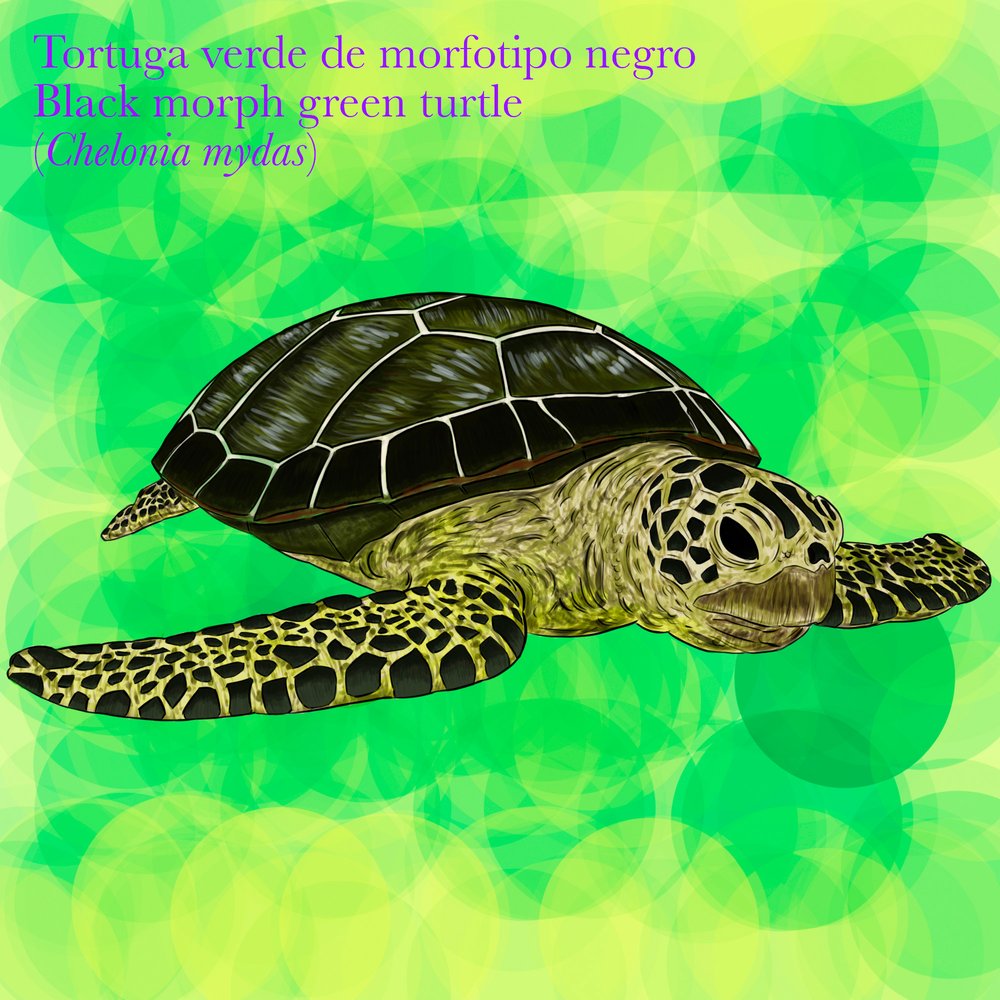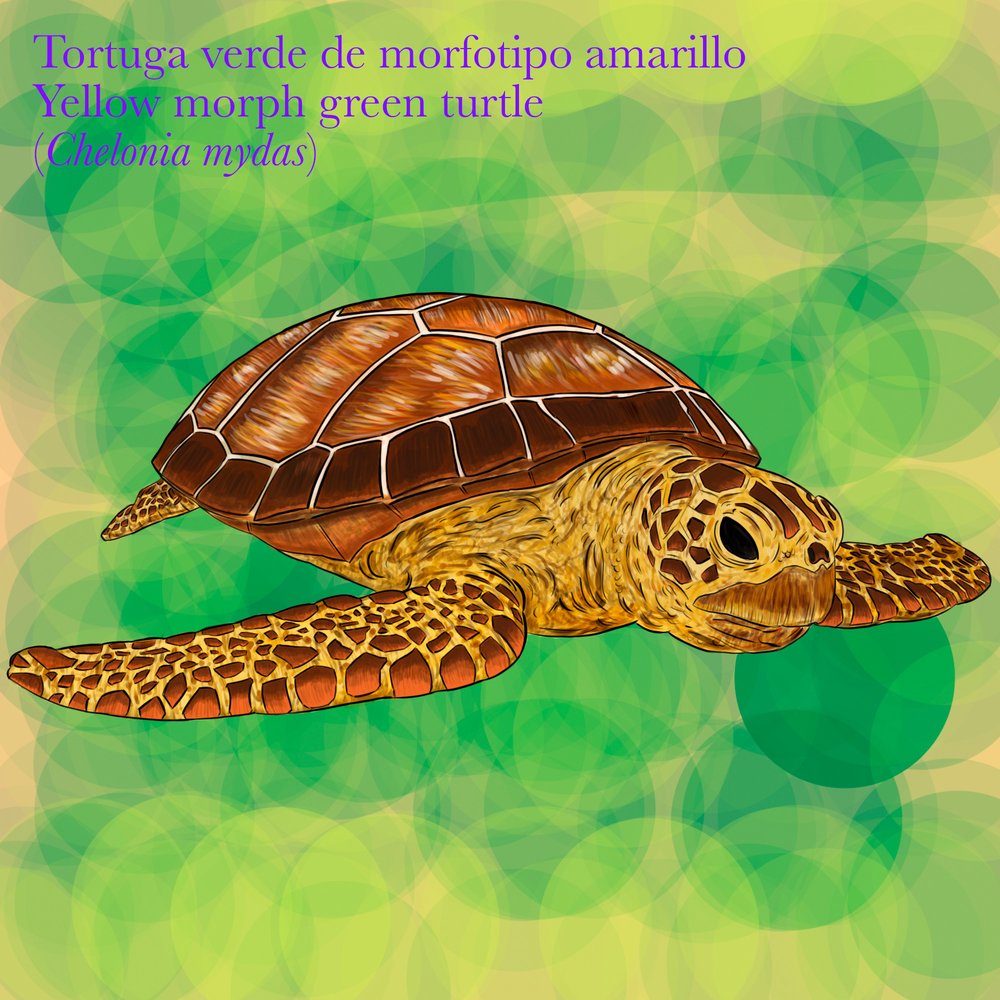The Eastern Tropical Pacific is host to five different species of sea turtles, and in Galapagos waters we can find four of these species, and only one of them nests on our beaches. On June 16 each year, we celebrate World Sea Turtle Day and share with you the fascinating facts we’ve learned about these amazing creatures.
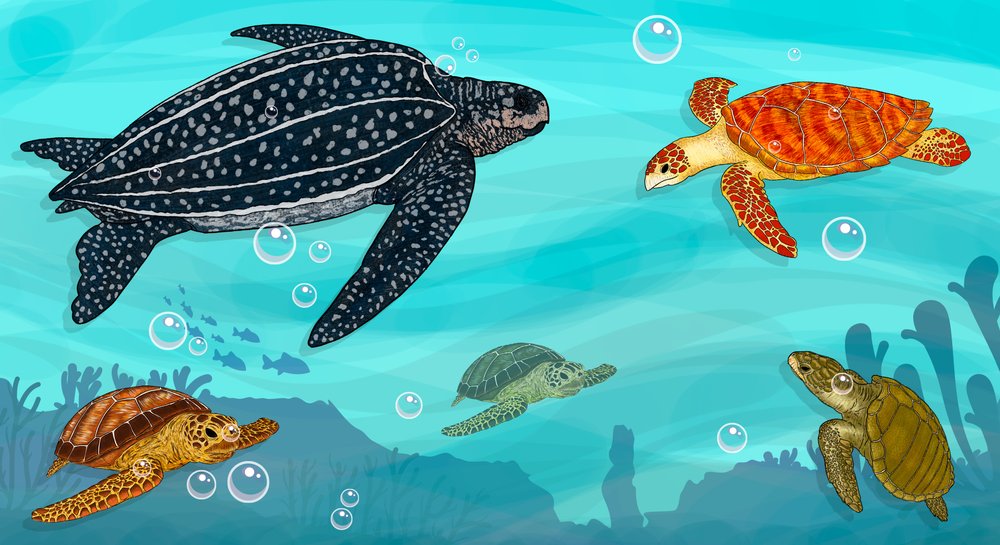
Leatherback Sea Turtle (Dermochelys coriacea)
This a sporadic species of the islands. It passes through Galapagos during its migratory route between its nesting sites in Central America and its feeding sites in South America. This is the largest species of sea turtles, up to 2 meters long, the only one with a “leathery” carapace, feeds on jellyfish and is an oceanic species.
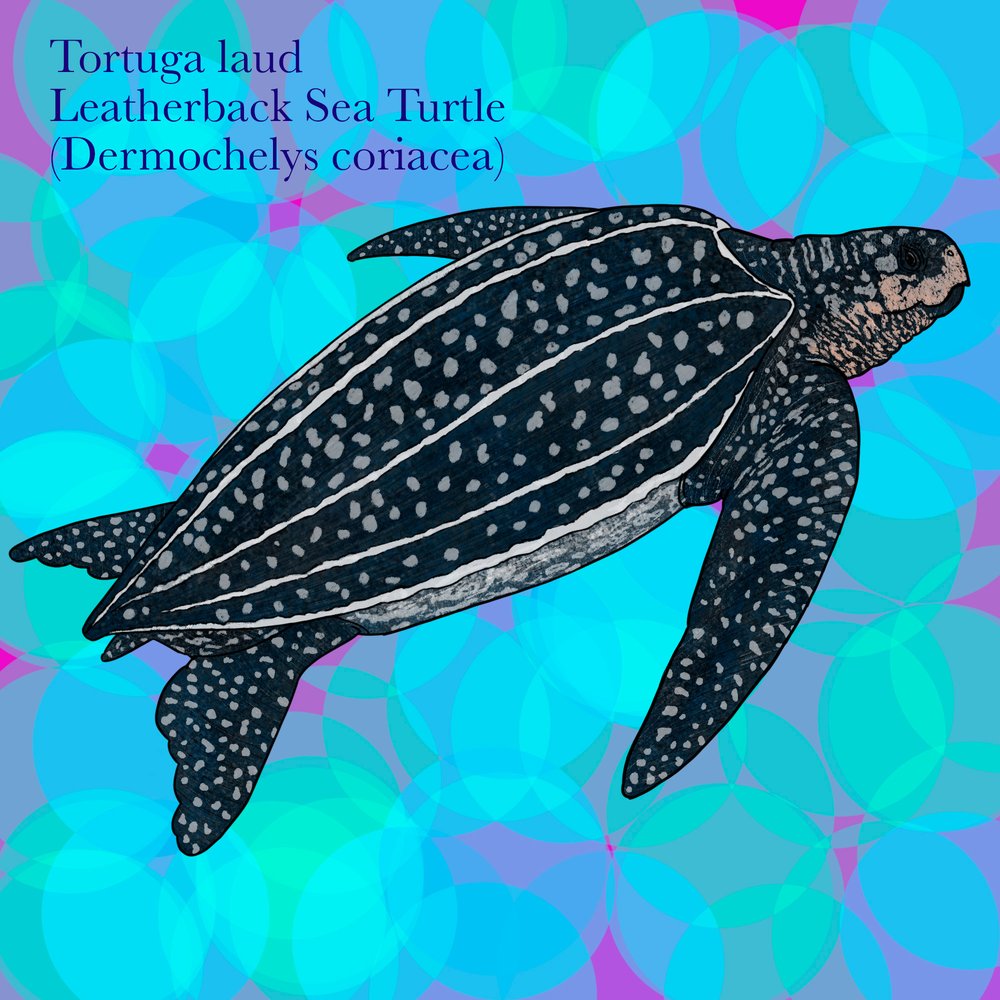
Olive Ridley Sea Turtle (Lepidochelys olivacea)
Considered a sporadic species in the archipelago, it has been sighted in oceanic regions of the Galapagos, however, it is a common species in continental Ecuador and is present in feeding sites along the whole South American coastline. With a carapace size of about 70 cm, it is the smallest of the seven species. It is characterized by a very striking “olive” coloration. It feeds on a great variety of crustaceans and invertebrates.
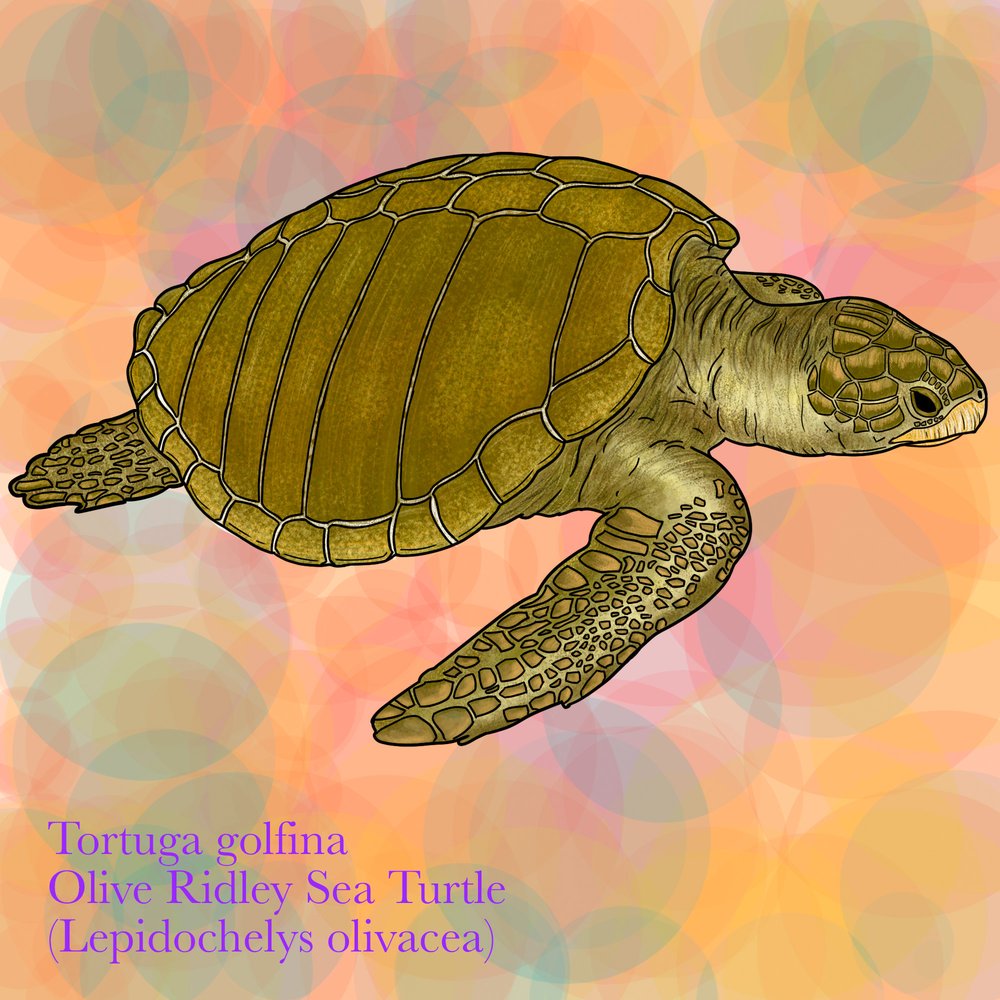
Hawksbill turtle (Erectmochelys imbricata)
This species is common but not abundant in the Galapagos Archipelago, but it is seen in coastal reef areas. It is known for its distinctive carapace with overlapping and serrated scales, and elongated head with a beak-shaped mouth. It mainly feeds on sponges.
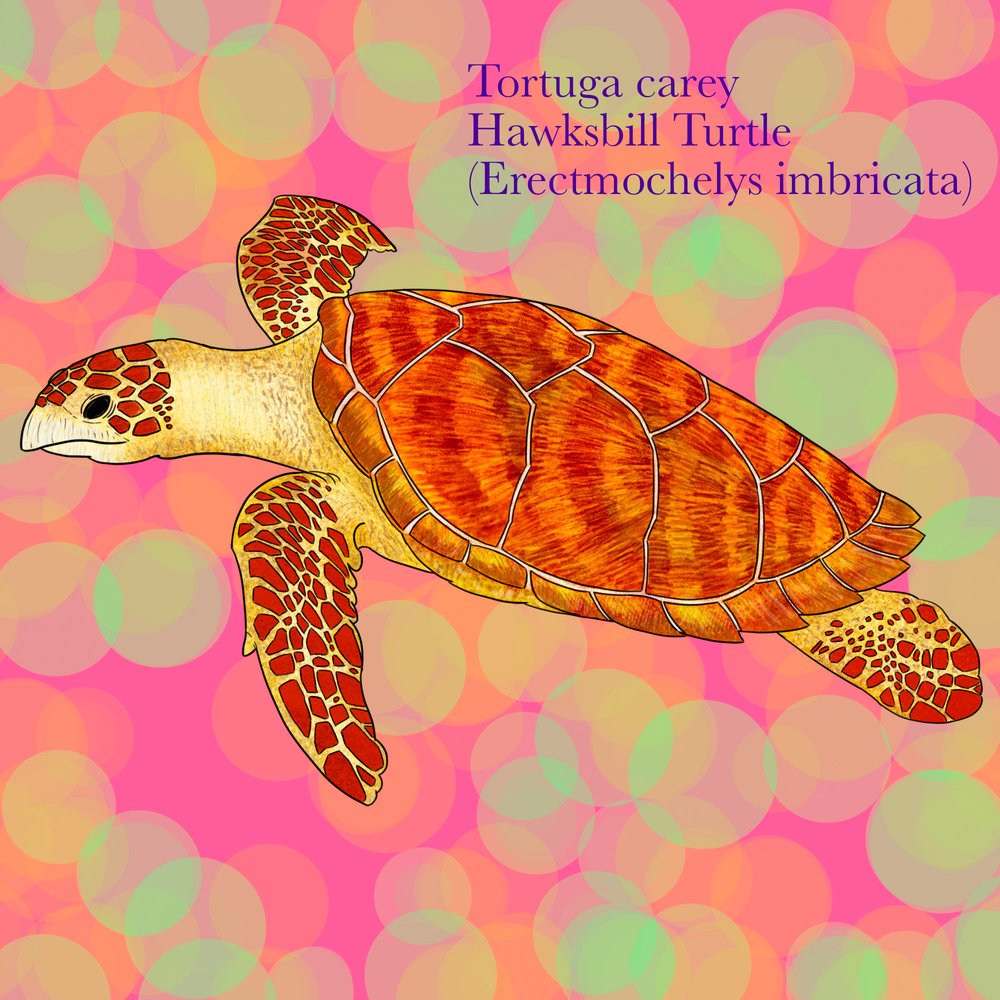
Green turtle(Chelonia mydas)
The green turtle (Chelonia mydas) is the most common and abundant species of sea turtle in the Galapagos. It is the only one that nests in the archipelago and is also found in feeding sites within the GMR. It is an herbivore and its diet are mainly made up of algae, although it also eats small invertebrates. Two morphotypes of this species are found in the Galapagos, commonly known as black morph and yellow morph turtles. Black morph green turtles are known for having a triangular/conical carapace which is slightly flattened and varies in color between light to dark brown, black or dark green. The yellow morph green turtles differ by having a more oval-shaped carapace, of an orange coloration with radiating yellow patterns. The latter is only present in the feeding sites of the archipelago and migrates towards the Indo-Pacific to nest.
